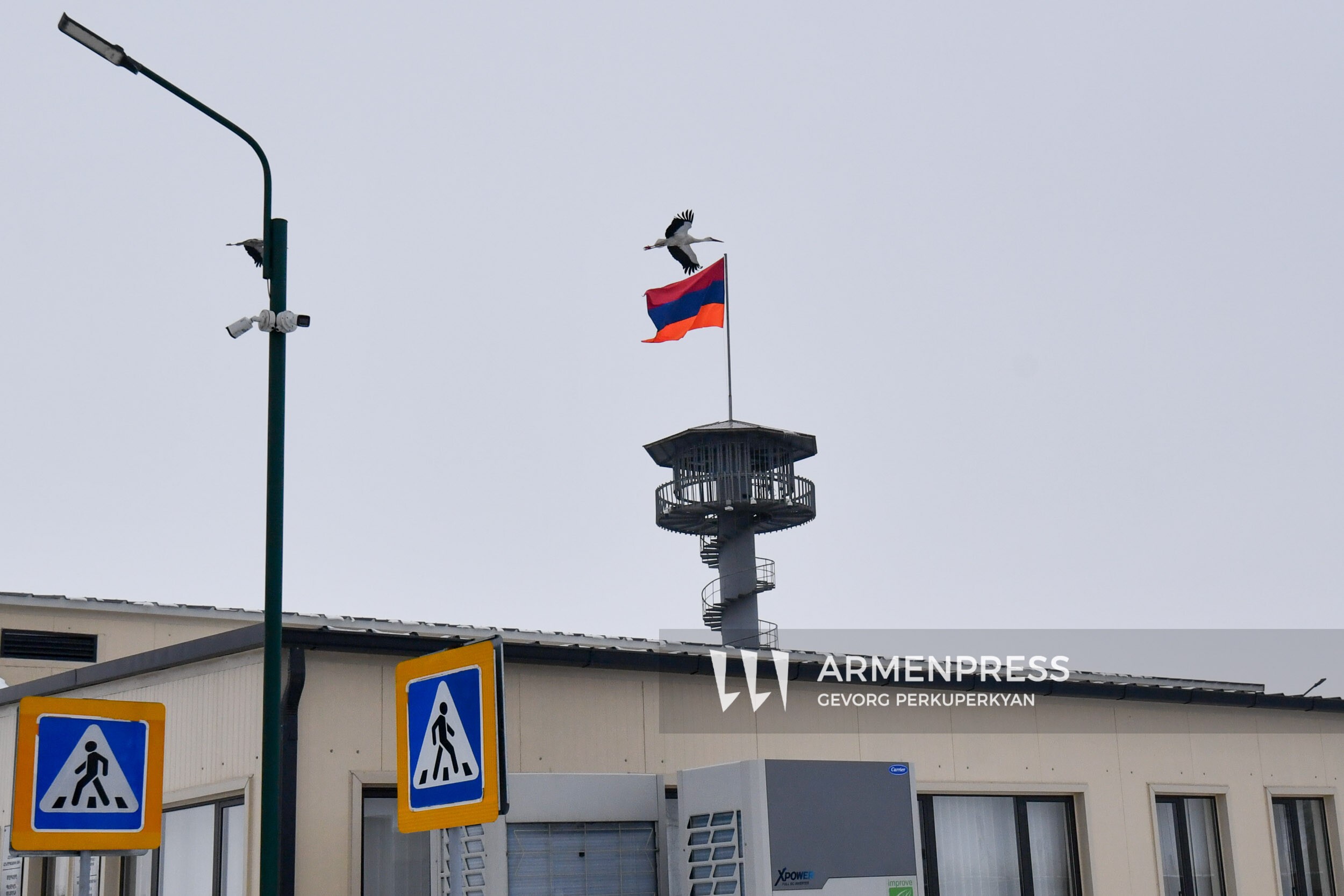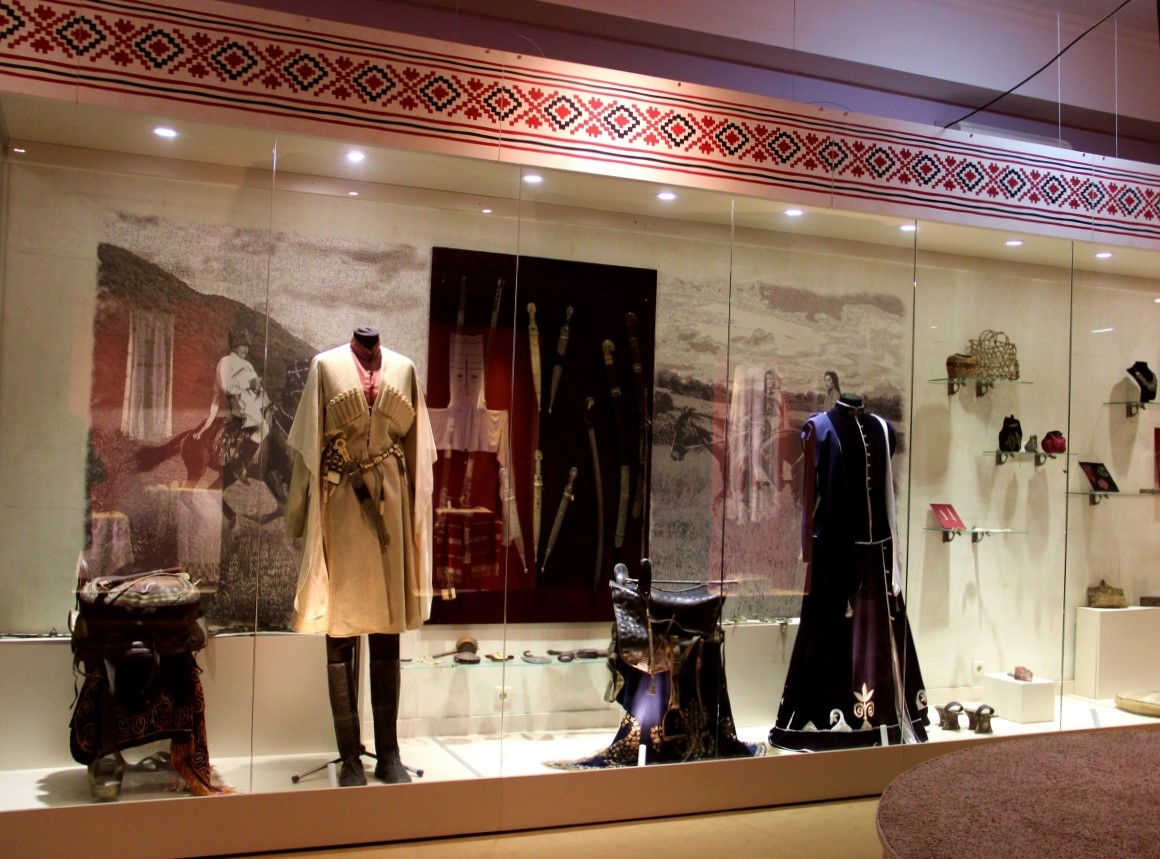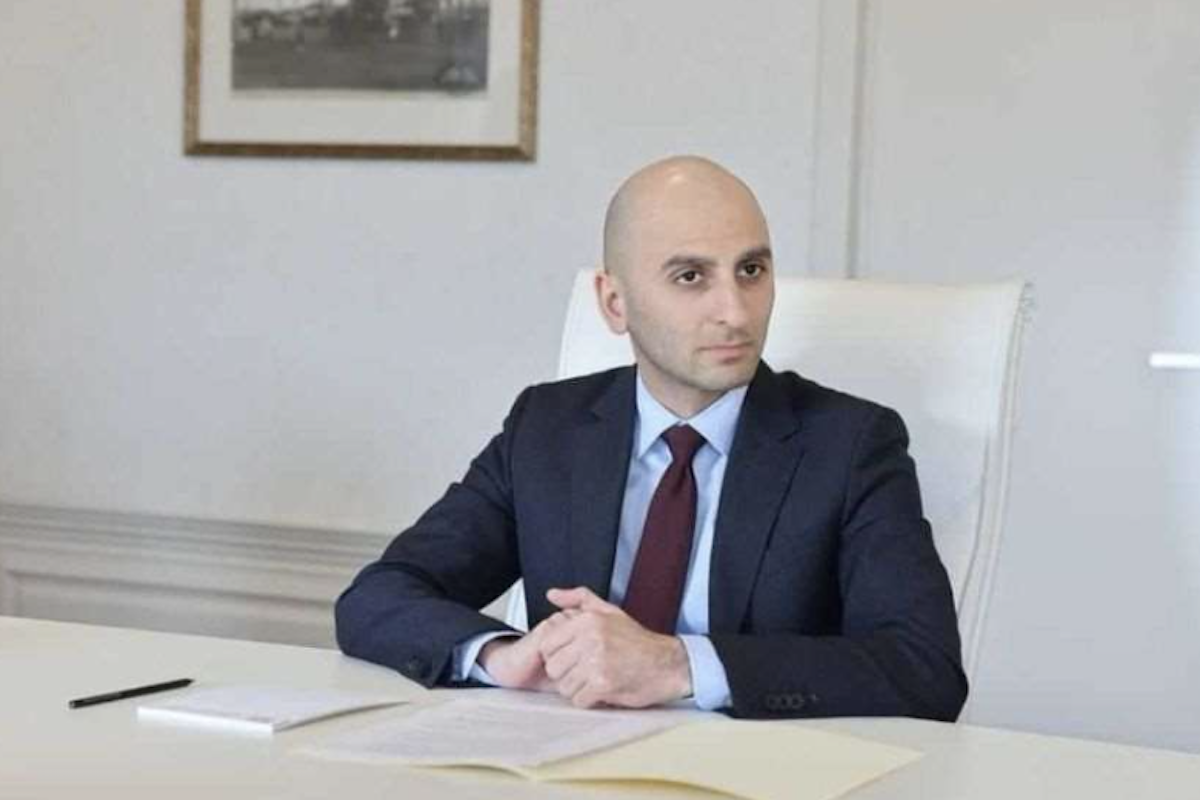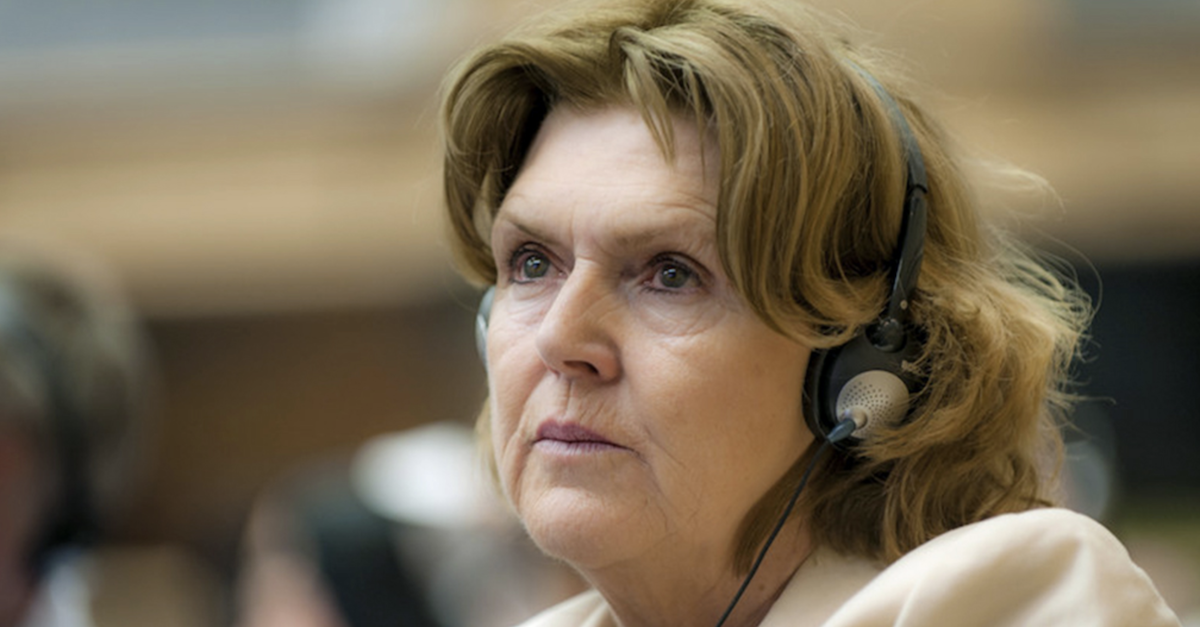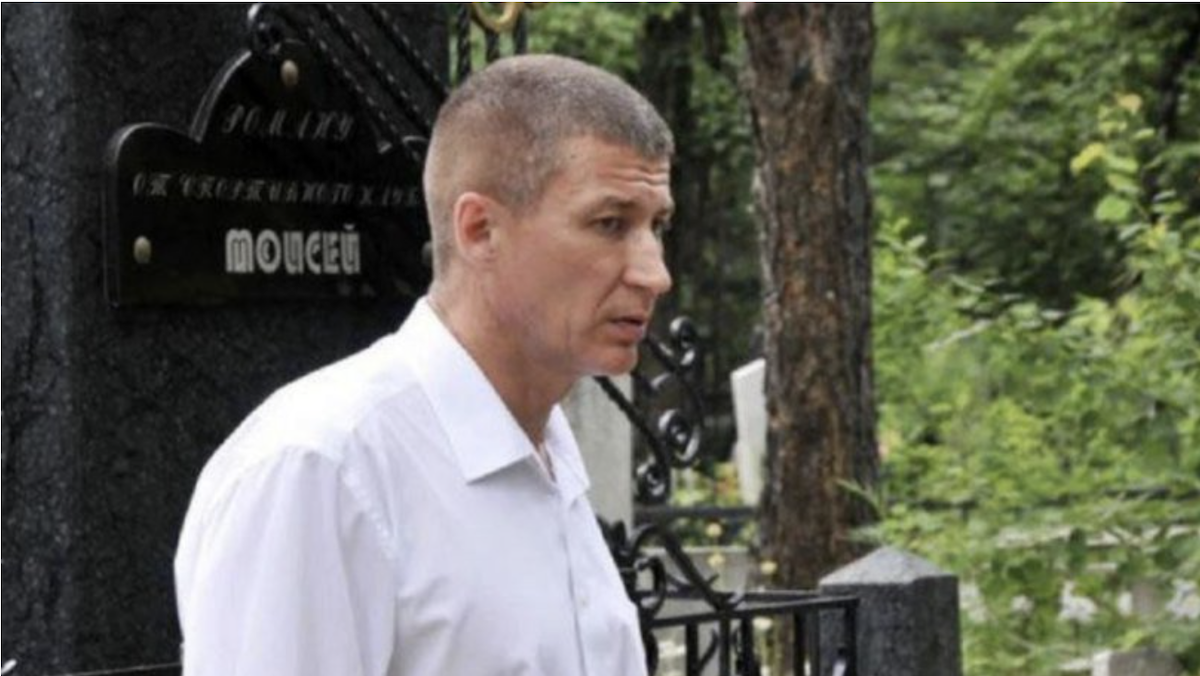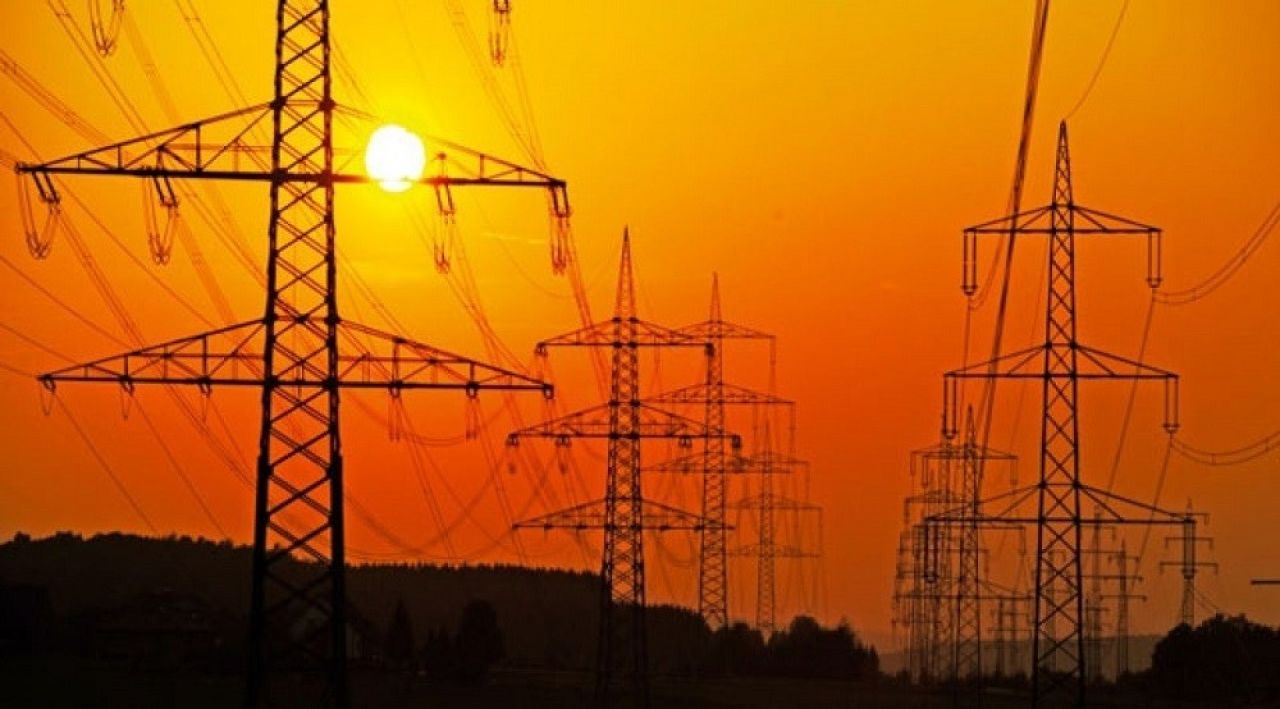Who owns the media in Georgia?
Three political parties managed to overcome a mandatory 5% threshold in the 8 October 2016 parliamentary elections and secured seats in Parliament: the ruling Georgian Dream (GD) party, the United National Movement (UNM) and the Patriots’ Alliance. Although these three parties differ from each other, they have one thing in common: each of them owns a TV media resource, that, in experts’ opinion, considerably influenced the election results.
The present-day configuration of the Georgian parliament shows that, despite an increased number of social media and Internet-resources, TV still remains the most important tool for political struggle and for the formation of public opinion.
After the change of government in 2012, the public expected that the Georgian Dream would, first and foremost, relieve the government’s pressure on mass media.
During Saakashvili’s ruling, three central TV channels – Rustavi-2 TV, Imedi TV and the Georgian Public Broadcaster (GPB) – fulfilled the government’s orders and were under its full control.
After the Georgian Dream party came to power, the situation improved at first. Although the Georgian audience didn’t get a media that would be fully free from political interests, at least there was diversity of opinions on TV.
Despite the fact that Rustavi-2, the key opposition TV channel, posed serious problems to the leadership, it still continued broadcasting. The opposition’s voice could be heard on other TV channels too. Media pluralism was named as Georgian Dream’s major achievement.
However, it may have been too early to rejoice. The processes that started back in 2015 are taking their final shape today.
The authorities are apparently changing the media policy and Georgia is going to face a new media reality. There came reports at the end of last year that three major TV channels would be united under one wing and that the leadership’s loyal manager would be appointed as the Public Broadcaster chief. Thus the authorities will toughen control over the TV space. Those changes have already influenced the aforesaid TV channels’ editorial policy.
In addition, Rustavi-2’s grid is still unclear. The TV channel is now awaiting the Supreme Court’s ruling.
Here we’ll briefly tell you who has a hold over Georgia’s TV space:
Imedi TV
Imedi TV was the channel that underwent the most significant changes after Georgian Dream had come into power in 2012. It was transferred back to the family of its founder, late Georgian business tycoon Badri Patarkatsishvili. The TV channel had been seized from the Patarkatsishvili family under unclear circumstances years before that, and had been handed to individuals loyal to Saakashvili’s government.
Under the new rule, Imedi TV immediately changed its editorial policy. The TV company that had once been engaged in promoting Saakashvili’s government was transformed within four years into Georgian Dream’s supporting media. Some high-rated political shows were closed, and prominent journalists who were talking about the authorities’ interference were fired from the channel.
Media monitoring showed that, starting from 2016, a positive attitude towards the ruling party and the government on the air of Imedi TV was becoming more obvious day by day. With approaching elections, Imedi TV’s political shows were allotting much of their air time to members of the Georgian Dream party. As for the broadcaster’s news programmes, such as those aired within the period from 11 July until 30 August, the Georgian Dream party was positively portrayed in 54% of total air time allotted to this party.
However, Imedi TV’s story didn’t finish there. After the 8 October 2016 parliamentary elections, the government started reshaping the media space, and the changes concerned Imedi TV as well.
As it was officially announced end of last year, Imedi TV would merge with GDS (owned by Bidzina Ivanishvili’s family) and Maestro TV. Thus the three TV channels would be in the hands of a single person, and given that Ivanishvili’s GDS was among them, there’s no doubt about whose ‘hand’ it will be.
Today, Imedi TV is the leadership’s main information pillar. It’s the only channel that can compete with Rustavi-2, which is apparently viewed by the authorities as a major ‘pain in the neck’.
Maestro TV
Maestro TV used to be one of the biggest TV channels beyond the authorities’ control during Mikheil Saakashvili’s presidency. While other central Georgian TV channels were unanimously executing the government’s orders, Maestro TV aired critical programmes and news pieces. When Saakashvili’s government officials were blamed for exerting pressure on the mass media, Maestro TV was used as an example of opposition media operating in Georgia.
However, the situation on this TV channel radically changed.
Some dramatic changes took place on the TV channel immediately upon the Georgian Dream party’s coming to power. Alongside a legally intricate dispute between the owners, the TV company’s managers were replaced. Programmes were closed, and anchors, reporters and producers who pointed to the political pressure and interference with the editorial policy, abandoned the TV channel en masse. In addition, there were payroll delays.
Giorgi Rukhadze turned out to be the main character of Maestro TV’s epic. Rukhadze is a businessman closely linked to Badri Patarkatsishvili’s family, who rarely makes public appearances. However, almost all recent reshuffles in Georgian media are associated with him, as the incumbent government’s proxy.
Like in the case of Imedi TV, Maestro’s editorial policy also underwent some radical changes. The ruling party was also mentioned here only with positive connotation ahead of the elections. Talk-show participants were mostly members of the Georgian Dream party and the anchors didn’t hesitate to voice their personal judgments.
Following the 8 October parliamentary elections, all political talk-shows on the channel were closed and the news programmes were cut in number. At the end of December it was announced that Imedi TV would be the TV channel.
After this unity is formalized, Maestro TV’s news department will probably be closed down and there will be no news programmes on the TV channel, because under Georgian legislation, an entity should not have more than one news TV channel.
Rustavi-2 TV
Rustavi-2 TV turned out to be the only TV channel that Saakashvili’s government managed to maintain after losing the 2012 parliamentary elections.
Rustavi-2 has been the most popular and high-rated Georgian broadcaster for years. Like Imedi TV, it covers the whole territory of Georgia. Therefore, the attempts to maintain and get a hold over this TV channel have grown into a deadly struggle.
The TV company owners’ story is vague and lengthy, since the broadcaster changed owners several times over the years.
The long-lasting, endless disputes between Rustavi-2’s owners began almost immediately after the change of power in Georgia in 2012. Among those who lay claims to Rustavi-2 are David Dvali and Jarji Akimidze, the company’s initial owners, as well as Kibar Khalvashi, a businessman, who was the broadcaster’s owner from 2004 to 2006.
The aforesaid process entered its most acute phase in 2015. It was then that Rustavi-2’s assets were seized by the court. Litigations are still underway. The government tries to pass it off as ‘a dispute between private individuals’. However, neither local nor international observers have any doubts that the government is acting behind those ‘individuals’, since the high-ranked opposition channel is a rather uncomfortable reality for it.
This legally intricate case has exposed many problems, both in the judiciary and mass media. The trial has dragged on. The broadcaster’s assets have been seized for 1.5 years already. The TV company’s general director said in December that the TV channel was facing financial problems and that it could also have an influence on the payment of salary arrears.
Gia and Levan Karamanashvili, Georgian businessmen and ex-President Saakashvili’s close friends, who now carry out their activity in Ukraine, are said to be the TV company’s official owners. The broadcaster is currently headed by Nika Gvaramia, the ex-Minister of Education and former Deputy Prosecutor General during Saakashvili’s presidency.
The TV channel director has openly stated that Rustavi-2 is an oppositional channel. Today, it’s the major backbone for the oppositional United National Movement and is distinguished by its sharp criticism of the incumbent authorities.
The Supreme Court’s Grand Chamber should decide the fate of the TV company’s seized assets. The court hearing date is so far unknown. Consequently, nobody knows for how long the channel will be in such a situation.
NGOs and the country’s international partners are unanimous in the opinion that the existence of oppositional Rustavi-2 is crucial for the country’s democratic development. Some statements have been made from the international rostrum, calling on the Georgian government to treat Rustavi-2’s case with particular caution.
Ivanishvili’s TV channels
Before the 2012 parliamentary elections, two TV channels officially belonged to ex-prime minister Bidzina Ivanishvili: TV9 was owned by Ivanishvili’s wife, whereas GDS TV by his son.
TV 9 was set up before the 2012 elections. Although the TV channel’s political objectives were quite obvious, its closure a few months after the elections still came as a surprise for many.
GDS TV, owned by Ivanishvili’s son Bera Ivanishvili, continues broadcasting. Despite its numerous costly products, GDS still can’t compete with Imedi TV, to say nothing of Rustavi-2. The TV channel mostly focuses on entertainment programmes, though it has some news programmes and political talk-shows that have actually been turned into the Georgian Dream party’s rostrum for the dissemination of its ideas. The media monitoring data testify to that. Ivanishvili himself anchored a couple of programmes on GDS TV – a dialogue with the government’s loyal experts.
After the elections in December 2016, it was announced that GDS and Maestro TV would merge with Imedi TV. No one doubts that the government, or even Ivanishvili, is behind the new media union.
TV channels linked to the Patriots’ Alliance
Two broadcasters, Objective TV and Iberia TV, are associated with the Patriots’ Alliance, a political party distinguished by its anti-western rhetoric, which is represented in Parliament by a six-member faction. Objective TV’s editorial policy is fully tailored to the party’s interests. Ahead of elections, the TV channel’s anchors directly appealed to the electorate to vote for the Patriots’ Alliance. The Alliance members participated nearly in each and every programme and were even praised by the programme hosts.
Russian narrative and criticism of the West could often be heard on the channel along with praises for the Patriots’ Alliance leaders.
Iberia TV is also linked to the Patriots’ Alliance. Nato Chkheidze, #2 in the party’s electoral list, owns 30% of the TV company’s shares. The remaining 70% is owned by Zaza Okruashvili, Nato Chkheidze’s husband, who was a member of the Supreme Council of Ajara from that very party.
The Patriots’ Alliance is an opposition party loyally disposed to the government. Consequently, these TV channels don’t cause any inconvenience to the government in this regard.
Public Broadcaster
Georgian Public Broadcaster (GPB), which was perceived as the state TV channel despite a change in its legal status, was of particular importance in this polarized environment.
Before 2012, during Saakashvili’s presidency, it was committed to the government’s stance and was under the leadership’s control along with Imedi and Rustavi-2.
But the TV channel’s life wasn’t peaceful after the 2012 election either. Some vague processes took place involving the GPB’s director, Giorgi Baratashvili. The GPB’s Board of Trustees dismissed Baratashvili from his post two times, but he managed to regain it twice through court. However, despite the selfless struggle for the post, after the 2016 election, for some reason, Baratashvili decided to file his resignation and abandon the post.
A new director was selected by the Board based on non-transparent criteria. Vasil Maglaperidze, a manager, who used to hold top positions in Ivanishvili’s TV9 and GDS TV companies, was appointed as the director of the GPB. Maglaperidze’s political impartiality, as well as fairness of the Board’s decision, raises serious questions in the civil community.
If there were less claims from 2012 to 2016 with regard to the impartiality of the Public Broadcaster’s editorial policy and the broadcaster got a chance to assume a role of unbiased media, even this possibility has become doubtful after the appointment of the new director.










